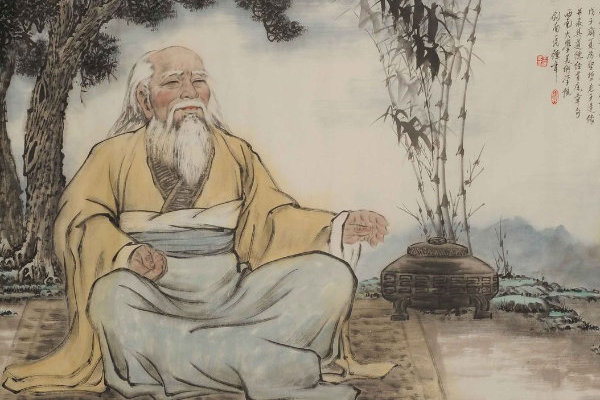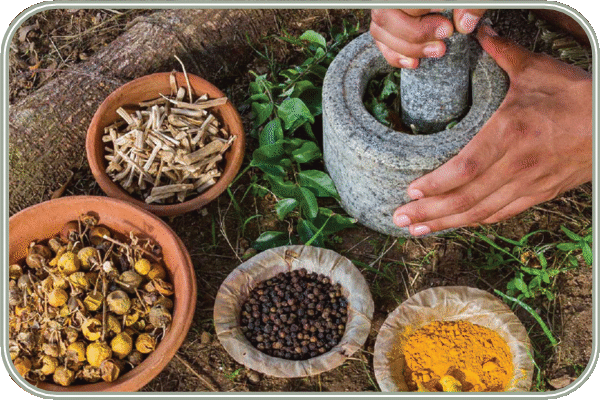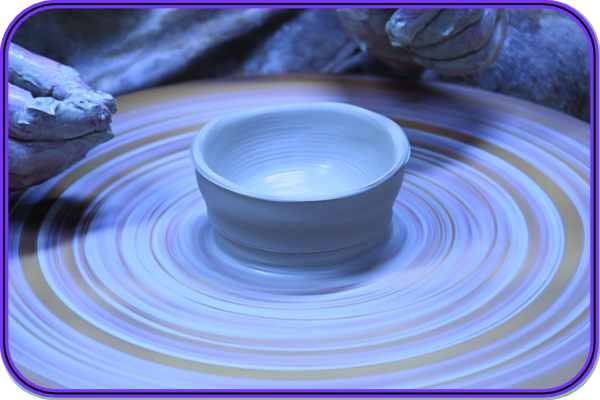Illness as a warning signal
First of all, it’s important to understand what illness is. In fact, what we call illness in all traditional medicine, since Hippocrates, is an alarm sent by the body. Most of us experience these moments of alarm as tragedies. As a result, the tendency is to rush to medication to put an end to the disturbing symptoms.
However, if we regard this illness as a warning, then silencing the signal does not tell us anything about the disease or its origin.
What if this illness were the expression of a deeper, as yet unexpressed evil? This pain, which takes the form of physical ailments, is often psycho-emotional in nature. So, when we fail to express what ails us, or when we lead a life that doesn’t suit us, the body will manifest itself through pain, or even illness. And the longer we silence this signal, without trying to decode it, the greater the risk of serious pathologies appearing.
Illness invites us to listen to what our body wants to express!
First emergency
Although subjective, pain—like certain other disorders—is a painful and even unbearable experience for some people. So when pain is intense, it is understandable to want to get rid of it. The quickest way to do this is to take painkillers. However, these medications can only be taken for very short periods of time, as they may become ineffective or even cause side effects or dependence.

To avoid this, there are natural alternatives. The treatment of acute and chronic pain most often requires multidisciplinary expertise. Acupuncture, touch techniques, massage, hypnosis, relaxation techniques, and sophrology produce good results. Homeopathy remains a preferred alternative for some.
Calm after the storm
Once the pain has subsided and calm has returned, it is time to investigate. What is happening to me? Why have I reached this stage, etc.? In some cases, the answer may come to mind very quickly. In others, particularly in the case of serious or chronic conditions, this period of introspection will take longer.
You will agree that these questions require time and calm! So let’s start by looking at rest.
Resting
Generally speaking, the onset of illness invites us first and foremost to stop and rest. Whatever its origin, the body signals that it needs to restore itself, to recover its energy. For this energy is the guarantee of our ability to heal.
In Traditional Chinese Medicine (TCM), rest belongs to the Yin movement. In periods of rest, and particularly during sleep, activity stops, body temperature drops and the mind finds rest, thus replenishing itself. Energy movements become more fluid.
An adapted lifestyle
Many factors can influence our daily energy: infectious disease, sleep disorders, overwork and, of course, repeated and unmanaged stress.
Not forgetting, of course, an unbalanced or unhealthy diet, as well as excessive alcohol or caffeine consumption. Overeating is also to be avoided. They cause fatigue due to the digestion process: the transformation of food into nutrients by the body consumes enormous energy resources.
A lighter diet
his is especially true when we’re ill. Just as we need to rest, we need to adapt our diet. And while adapting may seem complicated to many people, there’s an extremely simple technique that’s particularly well-suited to alarm situations (illness): fasting.
Fasting has existed in every culture in the world. Today, it is very fashionable in the West and an integral part of Chinese medicine. Even science is discovering that its effects are miraculous. In fact, regular fasting is an excellent tool for preventing disease.
Traditional Chinese Medicine (TCM) has been using fasting for thousands of years to treat specific illnesses such as digestive disorders, mental disorders and so on.
Fasting is called Bìgǔ in Chinese: Bì (辟) means “to avoid” and Gǔ (谷) means “grain.” Quite simply, it means avoiding eating. Bìgǔ fasting has existed in China for 5,000 years. It is one of the tools of Chinese medicine and is also found in Daoism, Confucianism, and Buddhism.
The goal of Chinese spirituality—and all spiritual paths—is the purification of the body, mind, and soul. Thus, fasting requires rigorous work against the ego, which is responsible for bringing out the “inner demons.” But its results on health are spectacular.
The Chinese have drawn the following maxims from their observations:
“Those who eat meat are courageous and fierce;
Those who eat grains are wise and clever (of mind);
Those who eat Qi have clear minds and longevity;
Those who do not eat do not die and become spirits/immortals.”

In light of these maxims, it is easy to understand the importance of seriously lightening our bodies in general, and more particularly when our bodies cry out in pain. We can therefore stop eating for a few days. For those who find this difficult, it is important to eliminate at least all sugars and foods that are difficult to digest, and to reduce the quantity of food we eat.
It is advisable to eat a few vegetables, or even some fruit, preferably, and if possible only once a day. Then, as your health improves, you can gradually return to a more normal diet.
By fasting, either completely or partially, we leave as much of our energy as possible available to our body to allow it to repair itself. This is because it is not taken up by the digestive process.
Time for introspection
The other advantage of these fasting periods is that an empty stomach is also an invitation to inner listening or introspection. Fasting increases our capacity for perception, and makes us more available to ourselves. As a result, we’re more likely to understand the origin of the signal that is our illness.
We’ll then be able to listen more closely to our emotions, an essential step. In TCM, body and mind are closely linked. Emotions are directly linked to the functioning of our organs, and therefore to our energy balance. Good energy balance means good health. Without going into detail – which you can explore here – you’ll find an overview in the box below.
Seeing illness as a signal enables us to adopt a different attitude towards it. So, instead of being a victim, we become actors in our own healing. And, even if we have to seek the help of a therapist, our healing will be all the more effective and profound.
Listening to our emotions
Poorly managed emotions, as well as feelings linked to wounds such as rejection, guilt, abandonment, etc., have a major impact on our health. Here are a few examples as seen by TCM.
Stress and frustration can obstruct the energy of the Liver meridian. Liver energy stagnation means that it can no longer circulate freely. We then diagnose Liver Qi stagnation or Liver overpressure. This is the source of many pathologies, and in particular of many depressions according to TCM.
Anxiety and worry, for their part, can damage the energy of the Spleen meridian. Weak Spleen energy can lead to obstruction of energy circulation through lack of strength. The Spleen meridian is also a source of Blood production. In traditional Chinese medicine, Blood belongs to Yin. It is needed to anchor spirit and Yang in the body.
For TCM, this means that every emotion can influence the quantity of energy or the circulation of energy in the various acupuncture meridians. Conversely, a disorder in a meridian will also make us more sensitive to emotions.







0 Comments